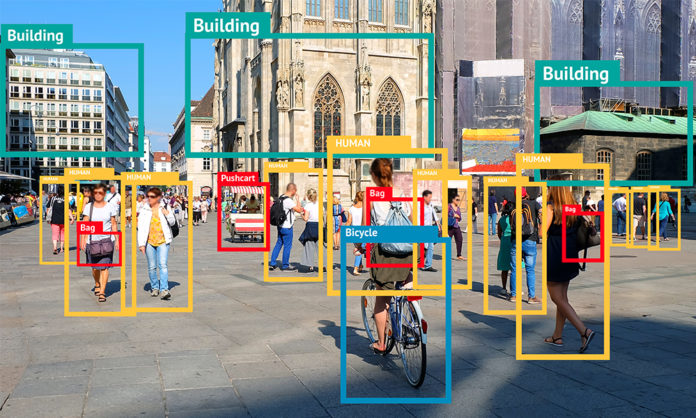

European Commission (EC) is planning to devise a new framework that regularized the usage of AI based Facial Recognition technology that all technology based providers need to comply with.
The much awaited legislation that has been pending on the table for approval may see a light by this year end as it still needs to go through the audit frame work and certification scheme that World Economic Forum has proposed.
As per the details available to our Cybersecurity Insiders, AI systems that are been intended to use for real-time and post remote biometric identification are at a high risk of being tampered and so the technology providers should pass the stringent security and compliance related standards before they released any products and services.
Also, all real time monitoring devices that comply with biometric identification should comply with standards that are essential for public safety, but also need to keep the data away from all security related risks.
The technology providers should stress on the quality of processes, rather than an evaluation of algorithm performance and include documents risk mitigation processes meant to prevent any kind of harm to individual or society.
More details are awaited!
Note 1- The World Economic Forum that has been an epicenter for the 4th Industrial Revolution has been offering guidelines to governments that are intending to adopt AI technology for ethical and efficient government procurement of Artificial Intelligence Technology to be implemented across Latin America, Europe and Middle East.
Note 2– In the year 2017, EU planned to conduct mass surveillance by taking the help of Artificial Intelligence in order to curb crime physical and virtual note. But since 2018, some privacy advocates raised their voice against the use of AI in the mass surveillance system that was to be held similar to that of China. At the end of the year 2019, AI backed social credit surveillance system received a jolt as some parliamentarians tagged it as biased and discriminative and clarified that it was intended to be banned in Europe because of its deep and non-democratic intrusion.





















